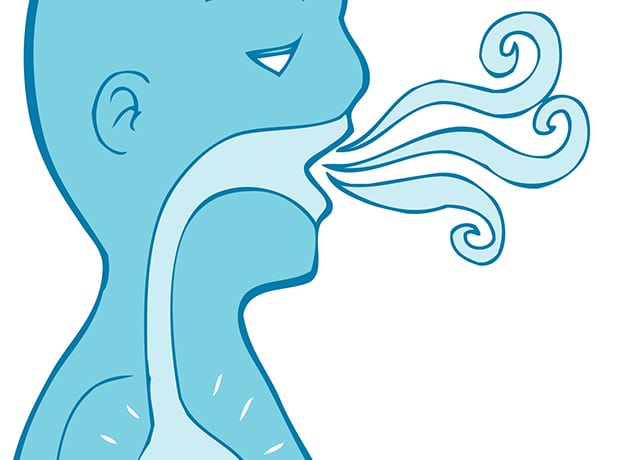GlaxoSmithKline is seeking to expand the use of its biologic Nucala in the US to include children aged six to 11 years with severe eosinophilic asthma.
Nucala (mepolizumab), a humanised anti-IL5 monoclonal antibody, was approved in the US in 2015 for use as an add-on treatment for patients aged 12 years or older, on the back of data showing that the drug cut the frequency of clinically significant exacerbations of asthma by 47% versus placebo, while the 100mg dose cut the amount by 53%.
However, there are currently no targeted biologic therapies available in the US for patients with severe eosinophilic asthma who are as young as six years old, GSK said, highlighting the unmet need in this area.
Approval for this age group would give younger patients access to a biologic that targets IL-5, which plays an important role in regulating the function of eosinophils, for the first time.
Nucala was cleared in Europe for this younger patient group in August.
Just recently, the drugs giant reported long-term safety data demonstrating a sustained reduction in severe asthma attacks and improved asthma control in patients taking the drug.
According to the data, published in The Journal of Allergy and Clinical Immunology (JACI), one third of patients in the study treated with Nucala experienced no asthma attacks, despite entering the study with an average of almost two attacks (1.74) per year, while 78% showed a reduction in blood eosinophils.
The COLUMBA study also showed that the drug had a safety profile similar to that seen in previous placebo-controlled studies, when patients received injections for an average of 3.5 years and a maximum of 4.5 years.










